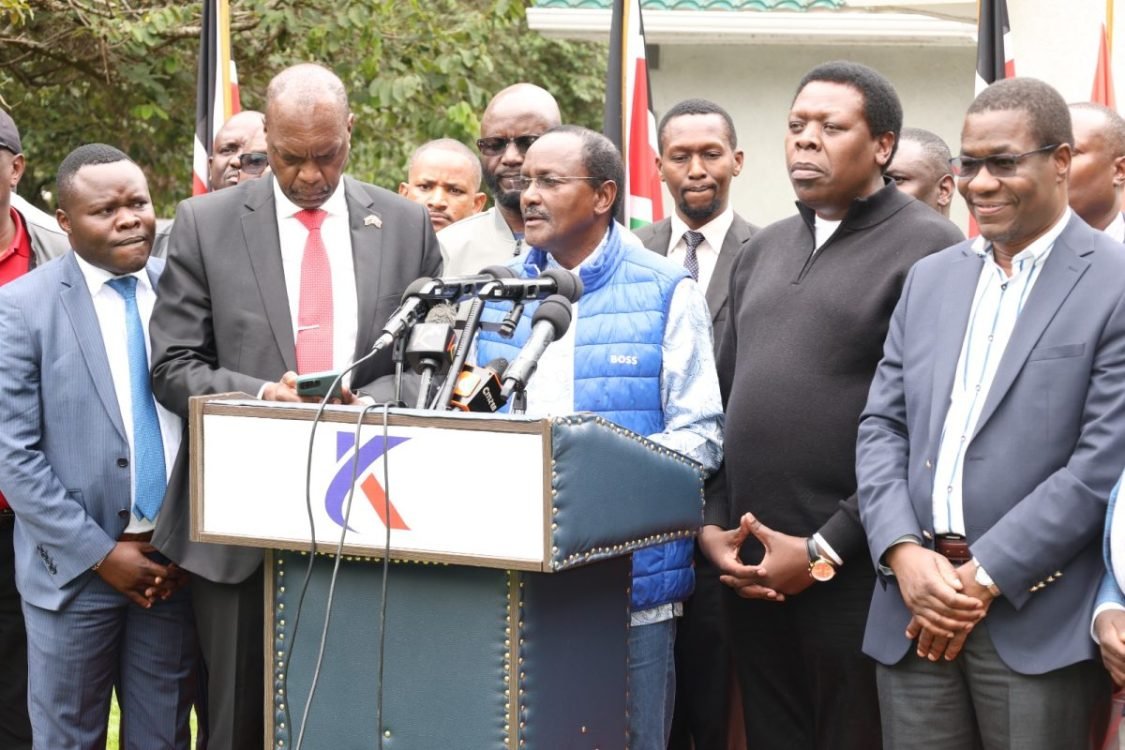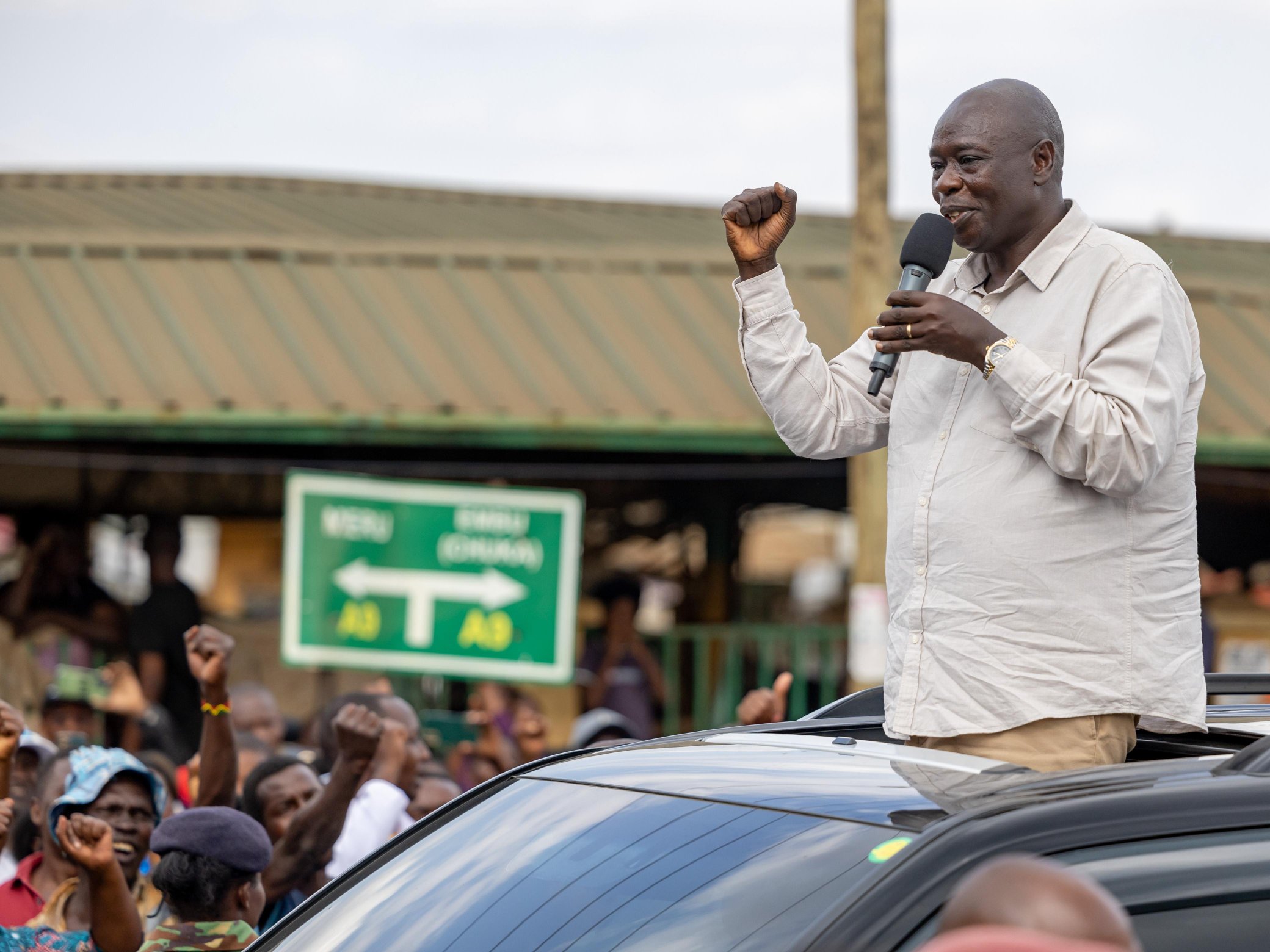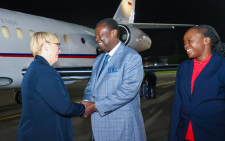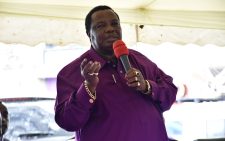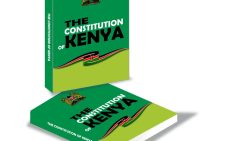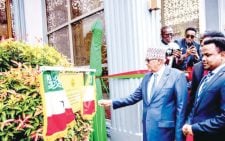Coalitions must lay all their cards on the table
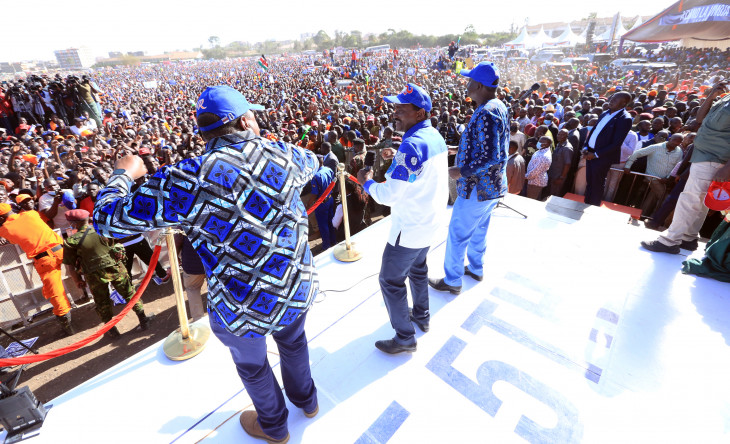
Memoranda of understanding between affiliate parties in a coalition have been the source of friction and public spats, between top leaders from the moment they either gain power or fall out, hence the need for parties to make such pacts public during campaign periods.
The controversy that surrounded the pre-election MoU of 2002 between the National Alliance of Kenya (NAK), led Mwai Kibaki, on one hand and the Liberal Democratic Party (LDP), led by Raila Odinga, are still vivid in the minds of many Kenyans.
So, too, was the agreement between various parties under NASA, which was signed ahead of the 2017 election.
Due to the secrecy of such deals, voters are wary that such a scenario could be replayed, now that the leading contenders in the presidential race are in coalition party arrangements.
By their nature, MoUs promise power-sharing formulas that are kept away from voters until after elections.
Whereas this may be fine with the parties involved, they usually cause problems that affect voters once the information comes to light or the promises are breached.
Some of the information could be material—like a candidate’s pledge to only serve one term—and elements of such ought to be made public to influence voter choices.
Just as happened in previous electoral cycles, this year is no different. The leading political formations—Azimio-One Kenya and Kenya Kwanza Alliance (KKA)—are umbrellas of other miniature political outfits bound together by common interests to secure power.
Secret pacts are the glue that hold these formations together.
Although both have revealed their deals with some of their affiliate parties, the majority of the pacts are still shrouded in secrecy, hence our call that parties consider making public all or part of the agreements they have signed with each other.
This will help to avoid the animosities and public exchanges between senior coalition leaders as experienced in the past.
We are asking the leaders of both formations to release to the public the details of the MoUs they have signed, either partially or in full.

